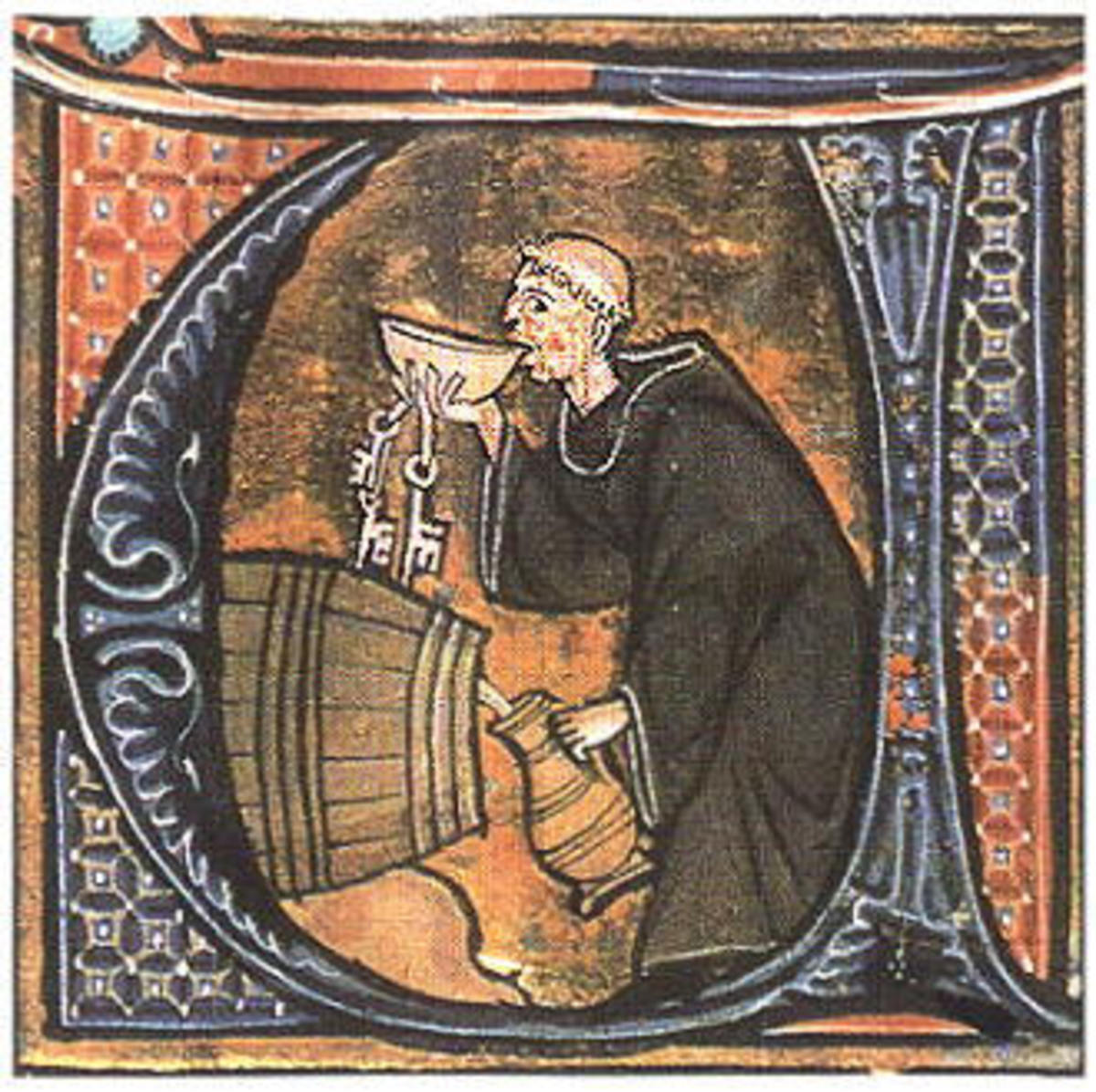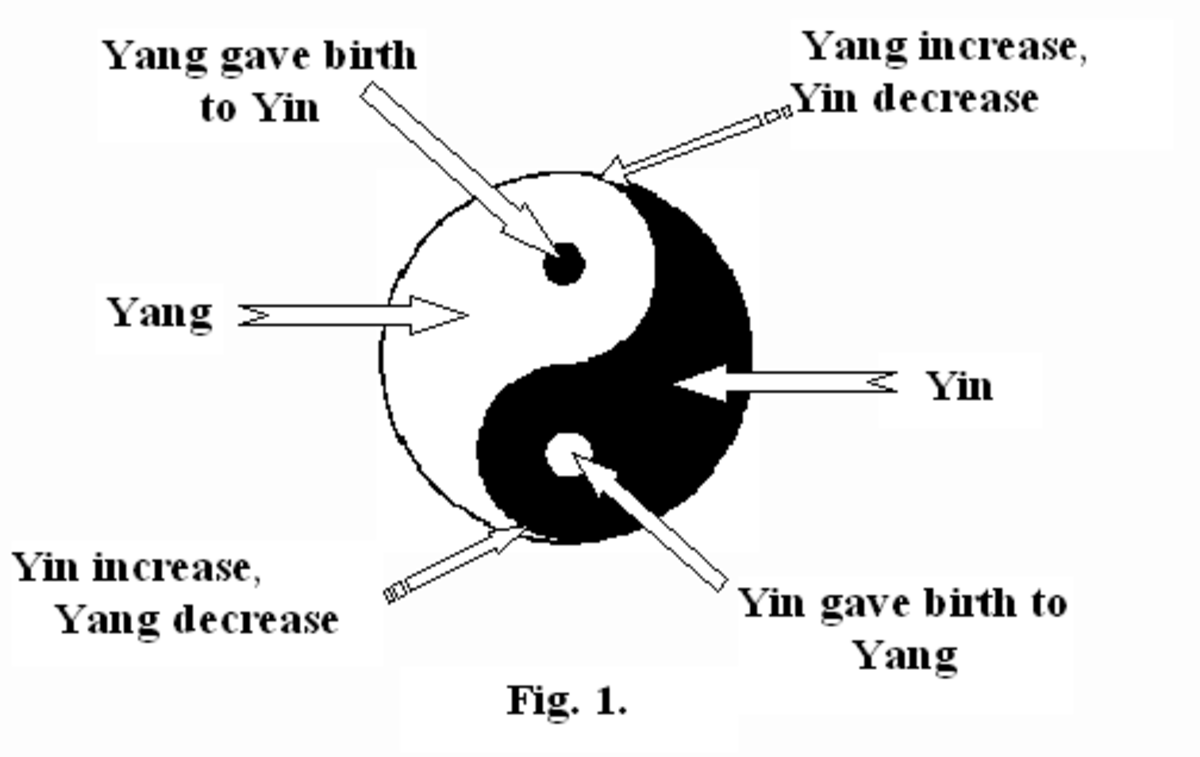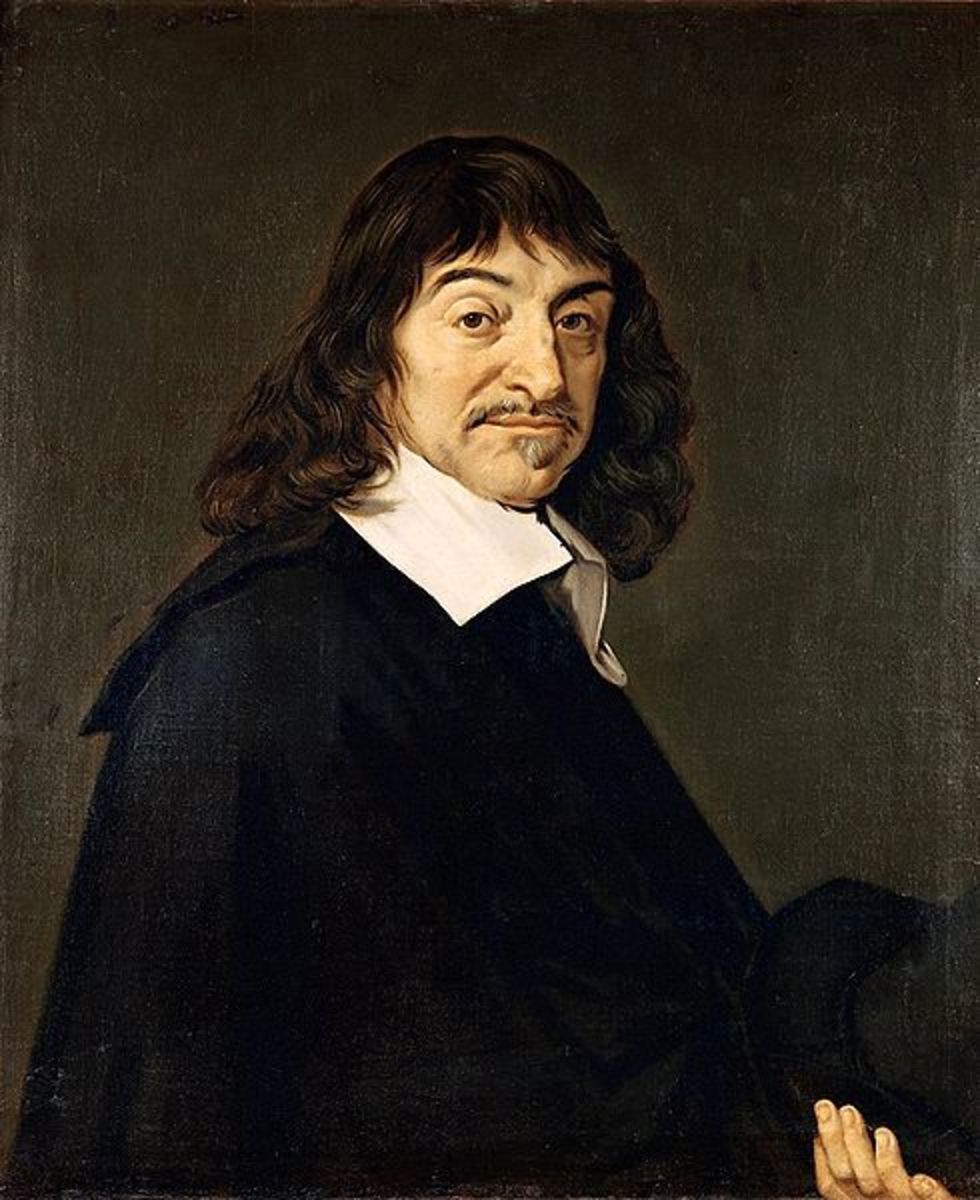IDEALISM VS MATERIALISM IN NINETEENTH CENTURY EUROPE
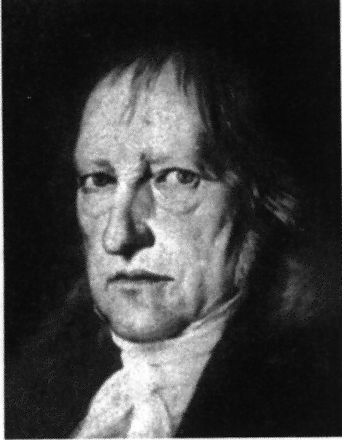
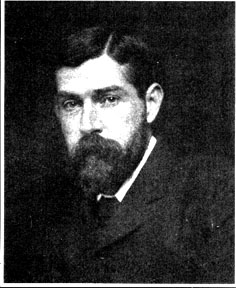
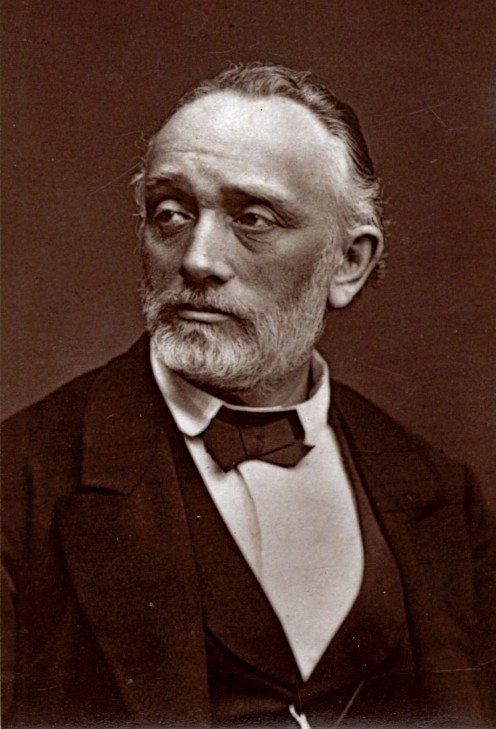
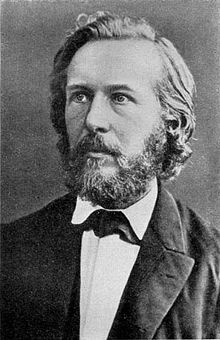
THE ASCENT OF SCIENCE
Nineteenth century Europe witnessed great advances in Science. In physics the contributions of Helmholtz, Carnot, Faraday, Maxwell, Roentgen, Curie and many others revolutionized the subject. Progress was no less in other areas too. In Mathematics, Lobachevski and Riemann introduced non-Euclidean geometry and in Chemistry the researches of Dalton and Avogadro brought about tectonic changes in these subjects. Biology too was not lagging behind. The contributions of Schwann, Hugo von Mohl, Pasteur and Koch were also substantial.
Prior to Kant philosophers based their system on physical sciences. However Hegel and Hegelians starting from a priori philosophy constructed a theory of nature that was exotic. Even Goethe who had made contributions to plant and animal physiology believed Newton’s theory of white light was wrong.
Scientists however began to uncritically accept the structure of nature built by science as the ultimate reality. There were however some like Boole, Jevons, Clifford, Spencer and Mach who studied the philosophy of science, and whose contributions though great, were not fully appreciated then. Clifford for example suggested that philosophers should be acquainted with mathematical theories, something which was later reiterated by Russell.
Mach particularly revived the teachings of philosophers from Locke to Kant and tried to point out that science does not build a model of nature purely on the basis of what our senses tell it is. Discoveries in science helped in reinforcing the view that matter is the ultimate reality. Some of Anton Lavoisier’s discoveries like conservation of mass were used as proof to buttress this argument.
THE SPIRITUAL REACTION
The growing dominance of science resulted in a spiritual reaction particularly in England. The Oxford movement was an example of this. Cardinal Newman derived satisfaction in the certainty and tradition of the middle ages and his clarion call was ‘back to unity, back to tradition, back to mother church’. T.H. Green was another prominent member of the idealistic movement in English philosophy, but F.H.Bradley was probably the foremost among them. In France too the idealist movement took roots. Ravaisson, Boutraoux, Renouvier and Lachelier were protagonists of idealism. Though Poincare’s contributions were in the area of mathematics, his ideas in the philosophy of science were equally noteworthy. He believed that no conclusions are absolute and no scientific law is to be accepted dogmatically. So much so that he held the view since mathematics has no absolute validity, it cannot give us absolute certainty. Science he maintained is not merely based on reason or intuition or experimentation but also relies on all these methods in its explanation of phenomena.
GERMAN MATERIALISM
This resulted in the revival of materialistic ideas in metaphysical Germany. Ludwig Buchner was a physician, physiologist and philosopher. In his book ‘Kraft & Stoff’ he expounded materialism andthis helped in gaining adherents to philosophic theory of mechanism and determinism. It was Buchner who founded the German Freethinker’s League ("Deutsche Freidenkerbund") and he has been dubbed as the father of atheistic evangelism in Germany.
Excepting in Germany, materialistic ideas in Europe was thwarted by ecclesiastical conservatism. In Germany however the spread of materialistic ideas was facilitated by the emergence of Marxism. Germany was also influenced by Darwin’s theory of evolution which was accepted and popularized by biologists like Haeckel. Ernst Haeckel was a versatile person. He was a naturalist, biologist, physician, philosopher and artist. The scientific theory of natural selection soon got incorporated in the political theory of communism.
It was only in the twentieth century that materialism got state patronage with the emergence of USSR and other communist states, but its philosophical foundations were laid in the nineteenth century.



